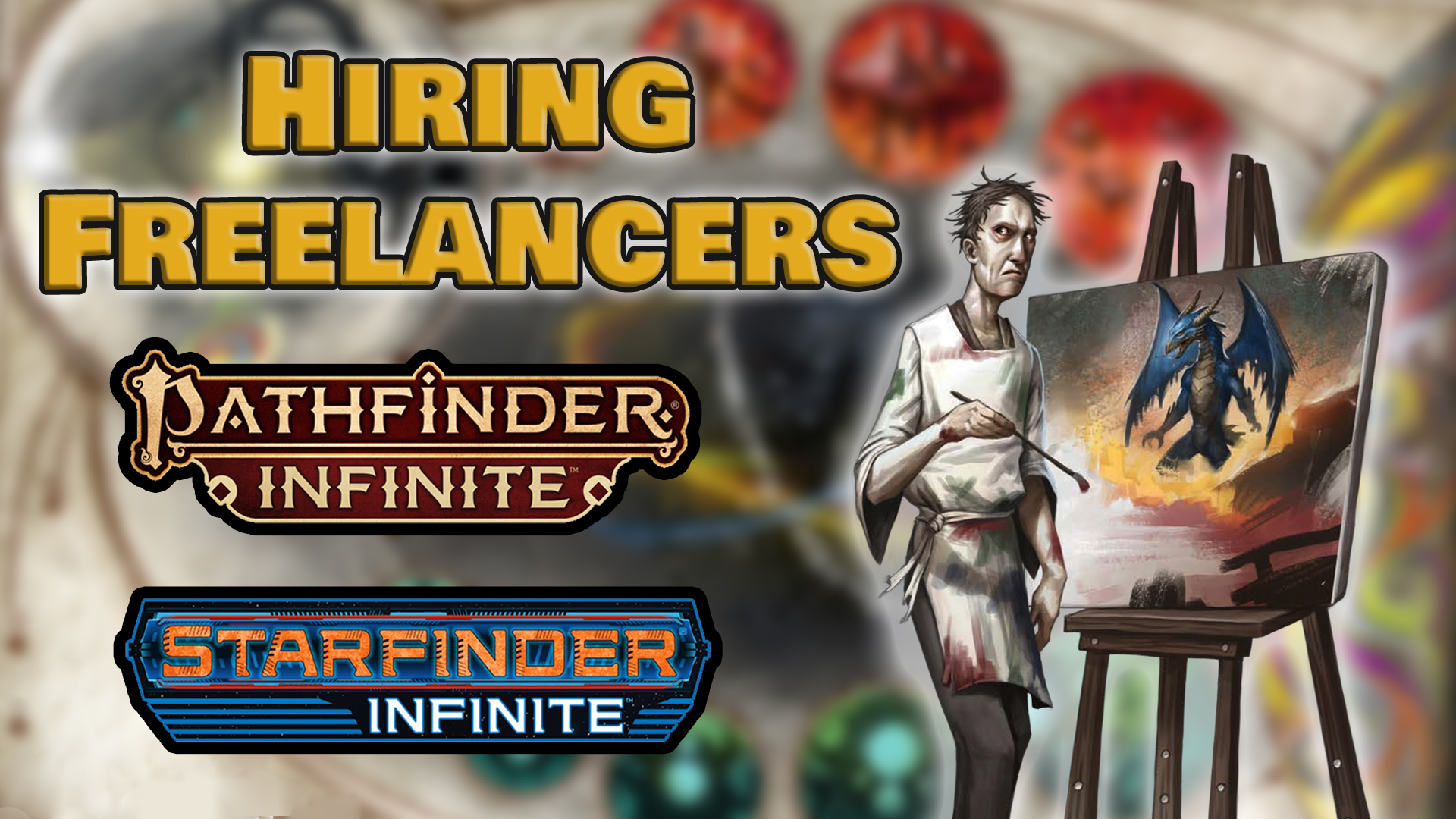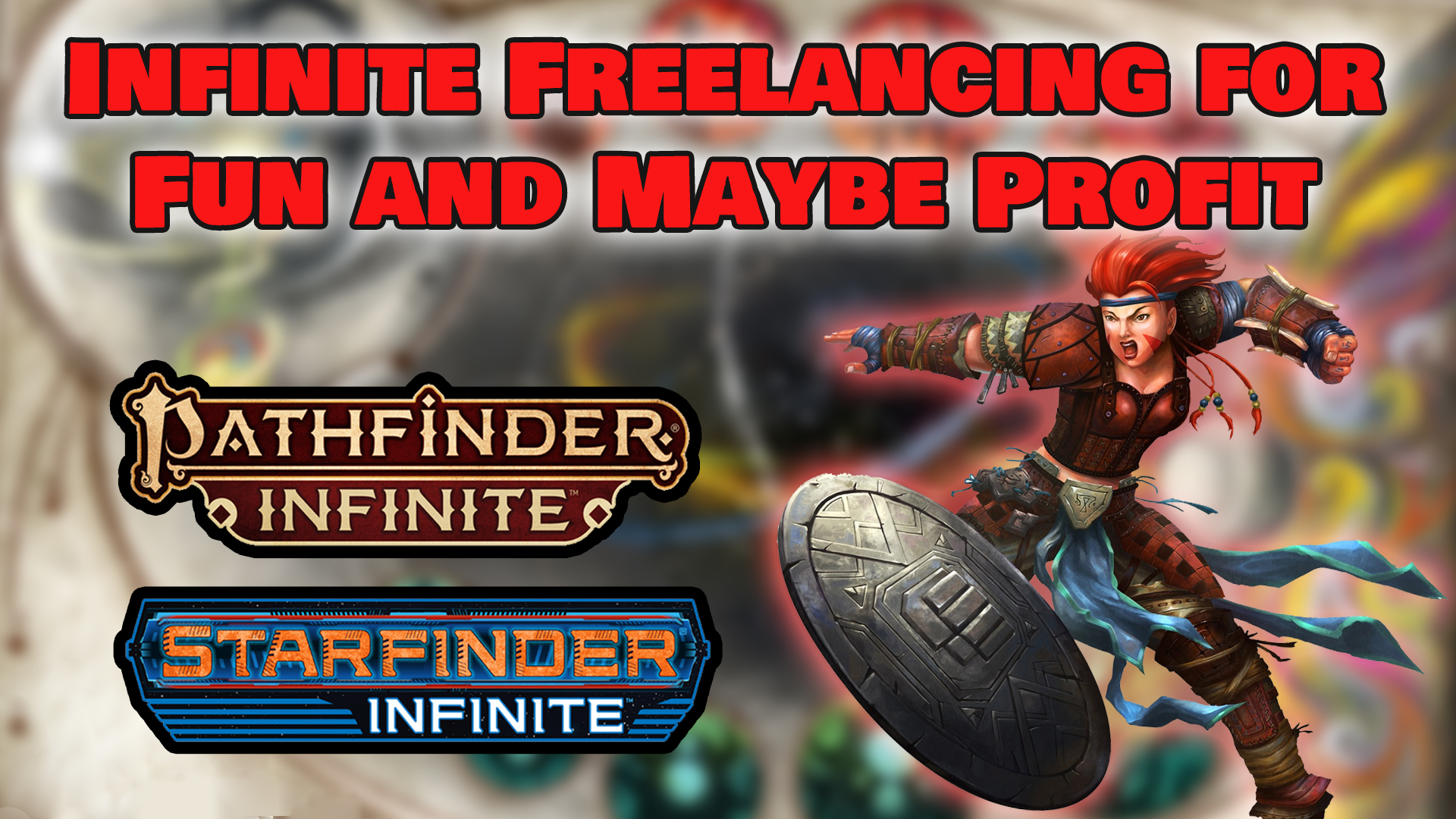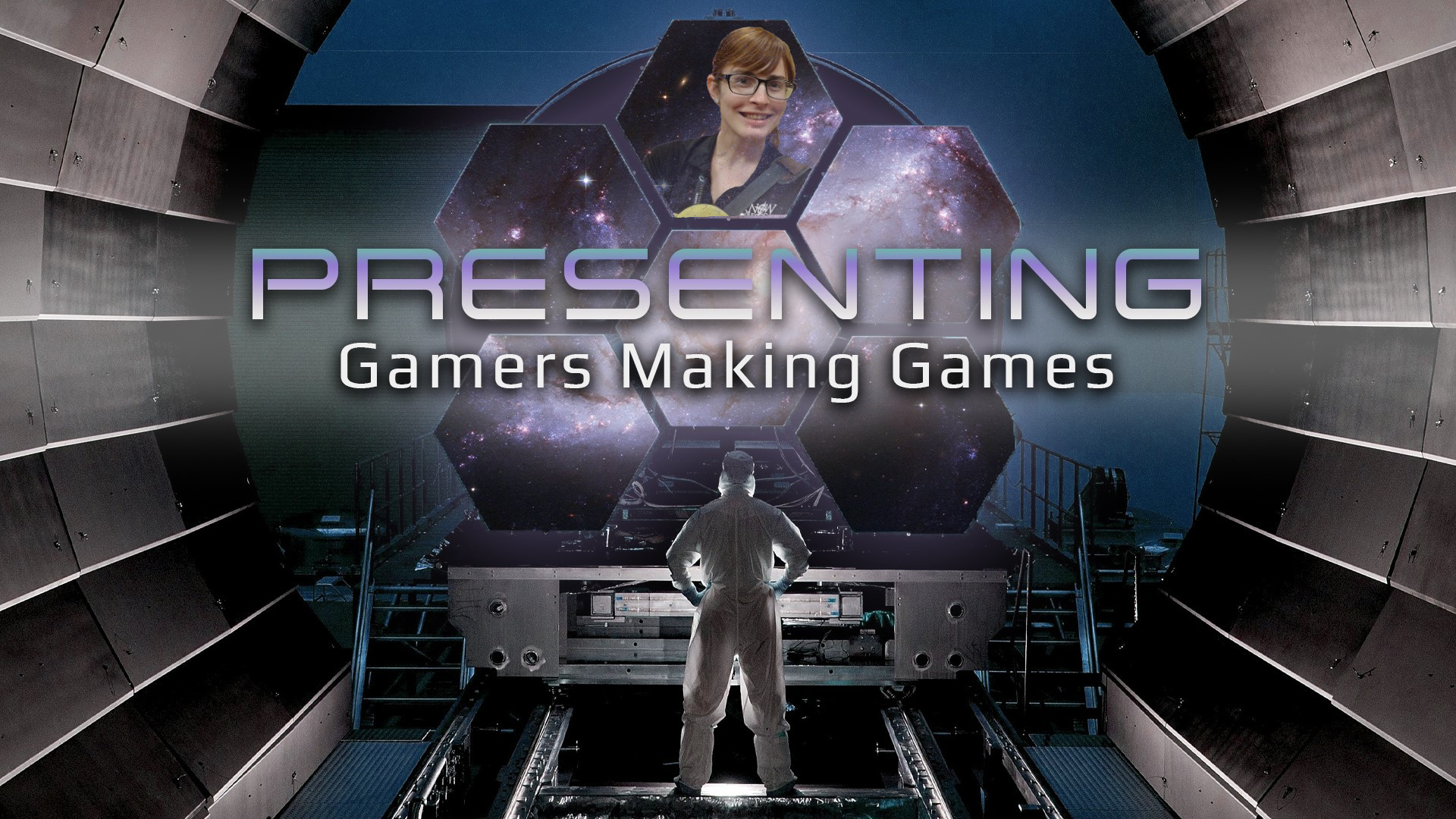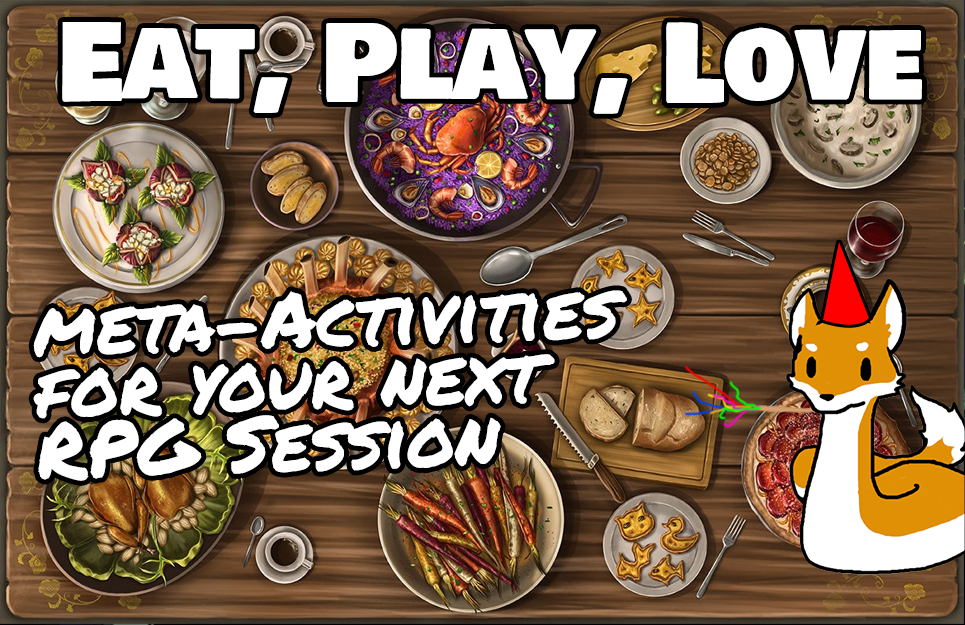I’m Alexander Augunas, Know Direction’s Everyman Gamer, and one of the things I’m expecting to see a LOT of with the introduction of Paizo’s new Infinite program is freelancing opportunities. You might be a freelancer if you’re writing words for another publisher, editing someone’s manuscript, or making custom art assets for them. Initially, I don’t expect to see a ton of freelance authors getting hired by other publishers (you’ll probably want to self publish), but over time one thing that could very well happen is that people with very highly rated accounts partner with freelancers in order to get those individuals some experience and a bit of a following of their own when they’re getting started. Think of them like the ghost writers who allow James Patterson to produce a gazillion novels a year.
With that in mind, what makes a good freelancer? I have thoughts on this as I’m currently working on editing freelancer manuscripts for my recent Kickstarter project, Starfarer Species Reforged, but I also solicited the help of one of Know Direction’s podcast personality and Paizo’s Development Manager for Pathfinder, Ron Lundeen. We’ll show you the ropes so you can get to work as a freelancer during what could very well be a Washington State Goldrush of -Finder Freelancing Opportunities!
Freelancer Basics
So, you want to freelance all the things? Here’s a short list of stuff you’ll need and/or want.
- An e-mail address. You probably want something professional, like FirstInitialLastName@emailservice.com. However, there can be benefits to having something that sticks out; I will never forget that Jacob Blackmon’s contact e-mail is commissionprodigyduck@gmail.com, which probably works in his favor because I’m always like, “Who is this duck and why is he a prodigy?” This is likely less helpful when you’re working with full time people like Ron, though; I doubt Paizo developers have time to fawn over silly e-mails like I do.
- A Self-Employment Code. If you make more than $400 freelancing, you need to legally report it in most states in the US of A. As a result, you need to have a Self-Employment Code to note your earnings. Check with your state’s requirements and/or a lawyer to get this squared away.
- A GOOD WordProcessor. Listen, friends. If you’re gonna do work for someone, you need to have the tools for the job. Don’t try to do freelance work without having a good WordProcessor; it makes life a lot harder. Like, a TON harder. Also, I can speak from experience that Paizo uses a specialized document filled with preprogrammed styles, and if you can’t use that template I doubt they’ll want to use you twice.
- Access to Rules. Most publishers give free copies of stuff they’ve published if you ask, but do not expect someone like Everybody Games to give you a free copy of the Pathfinder Core Rulebook. That’s an essential part of the work you were hired for, and it needs to be something you have access to. It would be like an artist asking you to buy them Adobe Photoshop. Nah, friend. Nah.
Advanced Suggestions
- Closely review any and all documents your employer gives you. Try to match the cadence and style of the work you were given, and take any special considerations into account. For example, in the Starfarer Species Reforged work, I noted that we’re changing all references to “race” to “species,” so getting racial bonuses or new player races shows me that the freelancer didn’t take the time to review the requirements of the job I hired them to do. That’s REALLY frustrating!
- Ask questions as they arise and stay in touch. If your employer has time, they’ll reply, but no one was ever hurt by an e-mail they didn’t have time to respond to, and good communication skills show that you care about the project and the product.
- You don’t have to be perfect to get another job from me, but the better you are, the more likely I will think of you when I need work done. Basically, everyone messes up from time to time. I’ve had to go and rewrite entire turnovers I’ve gotten from freelancers before. I’ve given them feedback and some space to improve and in many cases, I work with them again later when they’ve had some space to grow. But the freelancers who were already good? Who were easy to edit and produced stuff I loved reading? Those are the people I go to fast when I need more stuff done!
The Paizo Perspective
By Ron Lundeen
I have a really good sense of how much I can handle with writing and developing a product, and I try to look ahead to see where the gaps are. With my work for Paizo, this is easy: all I have time for is development, so freelancers handle most words on most pages. With my 3PP work, I usually just scale back my offering to match my output, but I sometimes bring on a freelancer to either join me on writing a project I’m doing, or to do something I can’t do myself (such as art, which I’m terrible at).
I almost never hire a freelancer blind. Each freelancer is either someone I’ve worked with before or someone that a colleague of mine has worked with before. I’m interested in knowing what the person’s timeliness is, what the quality of their writing is like, and any special considerations (like, “this person doesn’t handle rules as well as narrative” or “this person really understands the architecture of medieval castles”). I’m aware that this focus on hiring people I already know or people who’ve already written for a colleague creates a closed system. It’s very, very difficult for a new writer (and many minority writers) to break into this system. I’ve therefore started to go out of my way to look for new writers who show promise in work they’ve done that’s not for anyone I know, and particularly people of marginalized groups who need more opportunities. This makes for greater development time on the back end, usually, but it’s worth it to give these new voices a chance to step into the industry alongside the old hands.
As far as traits and qualities I’m looking for, I’m most interested in communication and timeliness on the front end. That is, I want people who aren’t afraid to reach out to me with questions, and whom I can easily find to touch base or discuss how a project might be pivoting. People who aren’t responsive or communicative scare me, because I don’t have any reason to think they’re actually doing the work and I might end up with a lot of nothing. Hitting the deadlines I’ve set is important, because I don’t set those arbitrarily. There are lots of other moving pieces, like art orders and map orders and aligning text with other products. I usually build in a few days of lateness into the schedule, because life happens to everyone (including myself!), but timeliness is something that’s important to me. On the back end, my key interest is in quality. This isn’t just that a freelancer can write to the specifications I gave, like to give me 1,000 words of new wizard feats and 1,500 words of devil-themed magic items. Giving me what I asked for is the minimum bar. What really delights me is text that is crisp and focused, that shows understanding of and even some innovation of the rules, and which is overall pleasant to read. Those are the back-end qualities that make the final, lasting impression with me. That’s what determines whether I’ll hire a freelancer again, or recommend the freelancer to colleagues
I’d like to add one other key quality in a freelancer, and that’s the ability to take feedback and apply it. Whether it’s something at the milestone stage where I ask to drop X for Y, or whether it’s post-project feedback when I observe how the next product could go smoother with improved A or B, it’s a delight to see a freelancer that not only acknowledges the change but incorporates it the next time around. I know we all invest some of our feelings into our work, and being told that something you love needs to change is hard, but a professional freelancer can take that in stride without ego getting in the way. This makes me think more highly of a freelancer, and makes me more likely to recommend their work in the future.
Thanks for joining us! This has been Alexander Augunas and Ron Lundeen.






